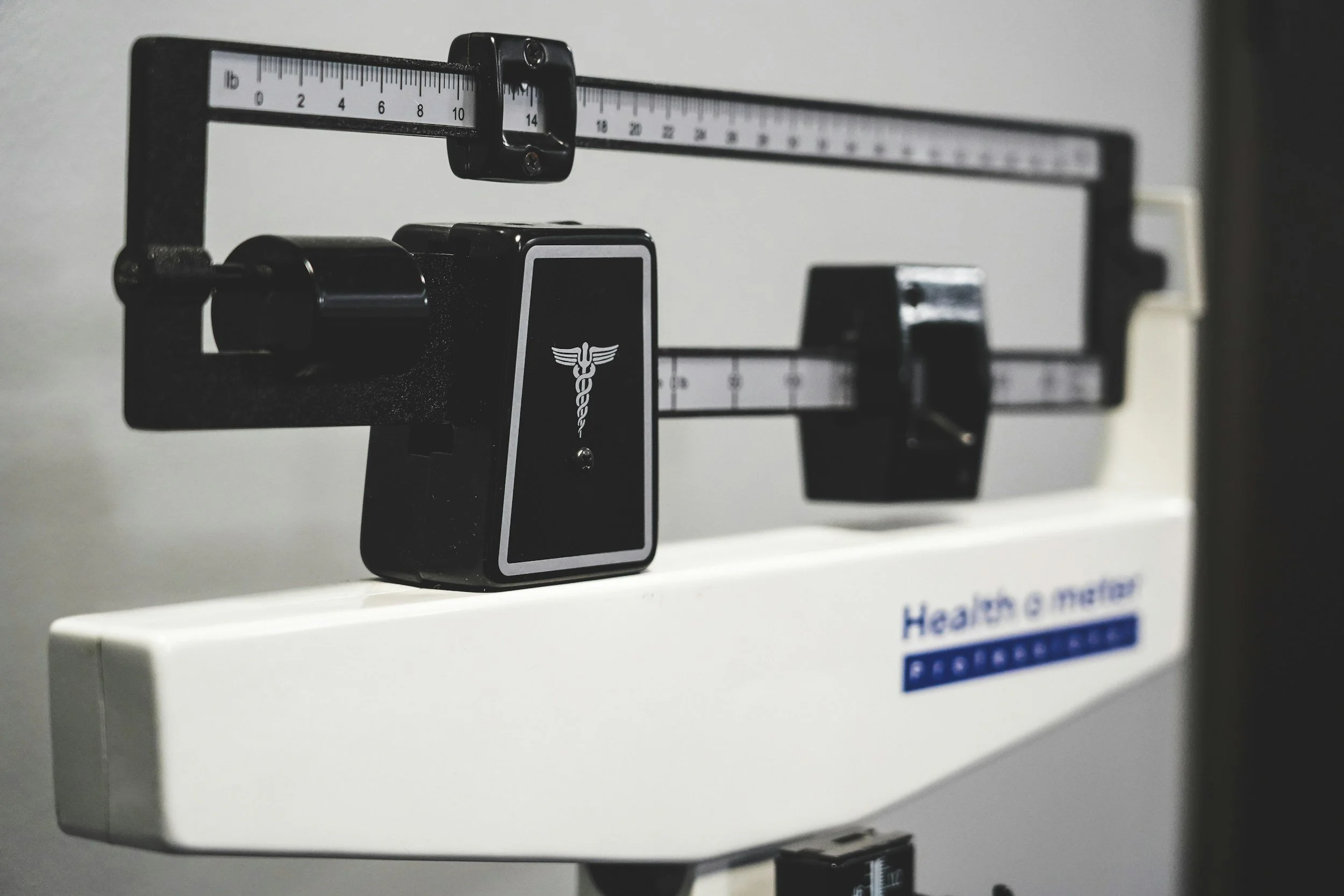Coping Strategies for Dealing with Anxiety Attacks
Coping Strategies for Dealing with Anxiety Attacks
Anxiety attacks can be triggered by a variety of factors, including stressful events, traumatic experiences, or underlying mental health conditions such as generalized anxiety disorder, panic disorder, or post-traumatic stress disorder. Symptoms of anxiety attacks can include rapid heart rate, sweating, trembling, difficulty breathing, chest pain, dizziness, and a sense of impending doom. These symptoms can be extremely distressing and can interfere with daily life, making it difficult to work, socialize, or engage in other activities.
Fortunately, there are a number of coping strategies that can help individuals manage their anxiety attacks and reduce their symptoms.
Mindful Breathing: One of the most effective ways to calm your body during an anxiety attack is to practice mindful breathing. Start by taking slow, deep breaths in through your nose and out through your mouth. Count to five as you inhale, hold your breath for a few seconds, and then exhale slowly. Repeat this process until you feel calmer and more relaxed.
Progressive Muscle Relaxation: Another helpful strategy is progressive muscle relaxation. This technique involves tensing and then releasing each muscle group in your body, one at a time, starting with your feet and working your way up. By focusing on the physical sensations in your body, you can help reduce the tension and stress that often accompany anxiety attacks.
Talk Therapy: Talking with a therapist can be a helpful coping strategy for managing anxiety attacks. Thrope Therapy, a New York therapist, can help you identify the root causes of your anxiety and provide you with tools and strategies for managing your symptoms. A therapist can also provide a safe and supportive space for you to express your feelings and work through your fears.
Exercise: Exercise is a powerful coping strategy for managing anxiety attacks. Engaging in physical activity can help reduce stress, release tension, and boost your mood. Whether it's going for a walk, hitting the gym, or practicing yoga, finding a physical activity that you enjoy can be a great way to manage your anxiety.
Self-Care: Finally, practicing self-care can be an important coping strategy for managing anxiety attacks. This includes getting enough sleep, eating a healthy diet, and engaging in activities that bring you joy and relaxation. Taking care of yourself can help reduce stress and anxiety and improve your overall well-being.
Anxiety attacks can be overwhelming, but there are coping strategies you can use to manage your symptoms. Mindful breathing, progressive muscle relaxation, talk therapy, exercise, and self-care are all effective ways to help alleviate anxiety and improve your overall well-being. If you are struggling with anxiety attacks, consider seeking support from a therapist, such as Thrope Therapy, a New York therapist who can provide you with the tools and strategies you need to manage your symptoms.
Please email us with any questions or inquiries at hello@thropetherapy.com




